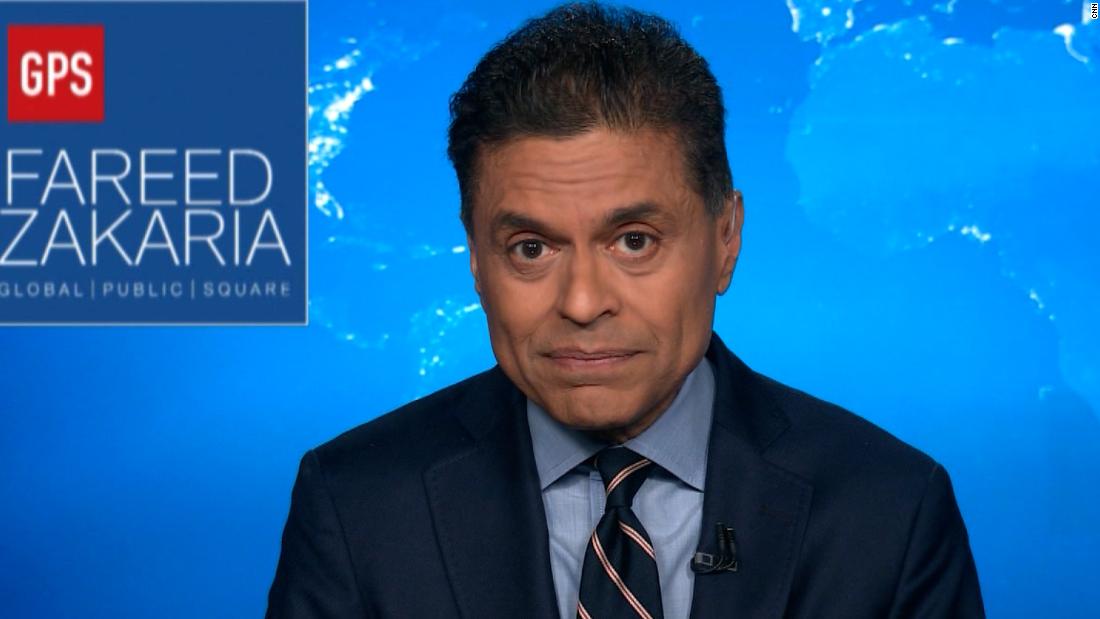Jets from France, missiles from Turkey: Indonesia races to renew ageing military hardware
INTEROPERABILITY A POTENTIAL ISSUE
Mr Fahmi noted though that such purchases do have weaknesses in terms of synchronisation and interoperability.
“That’s why it must be done selectively and be prioritised for defence systems that do not require alignment and interoperability,” he said.
Ms Diandra Megaputri Mengko, a researcher focusing on defence issues with Indonesia’s National Research and Innovation Agency (BRIN), told CNA that history has played a part in Indonesia’s diverse defence procurement strategy. This strategy could give rise to interoperability issues going forward, she added.
In 1999, the United States and European Union imposed an arms embargo on Indonesia following its military intervention in East Timor.
The EU lifted the ban in 2000 but the US only did so in 2005.
During the embargo, Indonesia purchased Sukhoi warplanes from Russia.
Ms Mengko said: “The experience of being embargoed by other countries … has indeed led Indonesia to diversify its weapons, to minimise the impact of dependency.
“The problem of interoperability is one of the consequences.”
Mr Ali from Marapi Consulting and Advisory also pointed out that owning equipment from multiple sources could bring its own challenges.
“This is a challenge in itself from an operational and logistical point of view.
“There are plans to build a data link system, but the programme is still not running well.”
Data link is a standardised communication system that would enable information to be used across different platforms.
“Most important is how can the communication systems between the different defence equipment be connected. This is why we need a data link.
“The French, American, or British defence equipment actually can use the same data link. The one that would be a bit difficult to connect with is the one from Russia because Western countries definitely don’t want their devices to be connected to Russia’s,” said Mr Ali.
He added that Indonesia’s diverse defence procurement strategy is linked to foreign policy considerations.
“Our foreign policy is non-aligned. We don’t take sides. This can be a problem.
“Also there are some who are still traumatised by the US embargo. So, we purchase from the US, from France and others… Our non-aligned foreign policy is good on one hand, but it could also create challenges on the other hand.”
When asked to comment on potential interoperability issues related to Indonesia’s recent purchases, Deputy Defence Minister Muhammad Herindra told CNA: “All purchases of defence equipment have gone through an in-depth process and study… and according to the needs of the military.”
The defence minister’s spokesman Dahnil Anzar Simanjuntak said there are many reasons for the purchases.
“Apart from technical reasons, buying defence equipment is also tied with geopolitical and geostrategic considerations as well as diplomacy etc.,” he said, while declining to comment further.

